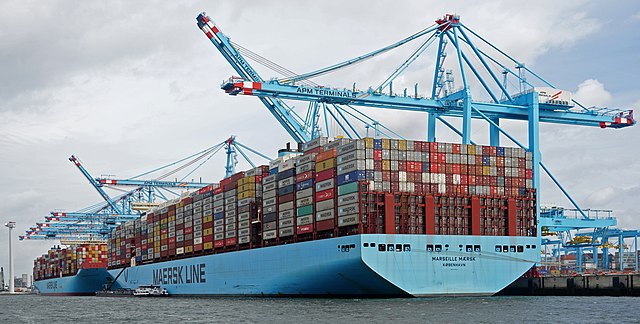Building Resilience in the Shipping Industry Amid Supply Chain Disruption
The shipping industry is facing a perfect storm of challenges, from the Suez Canal blockage to worker strikes at the UK port of Felixstowe, soaring fuel costs, and rocketing container prices. These issues are causing disruption to vital logistical routes, and with peak season fast approaching, UK retailers are bracing for supply chain chaos.
Manufacturers and retailers are already feeling the impact, with some container loads delayed by two to three months, and the cost of shipping a shoebox-sized parcel from the UK to America rising by nearly a third in just 12 months.
The lack of alternatives and reliance on many independent factors going right has forced some global manufacturers to source parts and raw materials from two countries at the same time, just in case one delivery is delayed at sea. This is not affordable for most, and has led to a surge in ‘reshoring‘ – manufacturers choosing to produce domestically.
Technology can help build greater shipping resilience, such as 5G networks and sensors relaying information faster, and RFID tags providing location-based data for remote tracking and monitoring. This data can be used to improve the efficiency of the supply chain, aiding visibility of arrival times and enabling them to recalculate loading and unloading points on time.
The government could also support industry resilience by expediting permit approvals for off-dock storage solutions, and by limiting the cost of containers or putting a cap on what manufacturers can be charged.
Ultimately, data analytics can be used to identify and reduce the environmental impact of supply chain operations. By tracking the movement of goods, businesses can identify areas where they can reduce their carbon footprint, such as reducing the number of trips taken and the amount of fuel used. This will help to ensure the shipping industry remains resilient in the face of future challenges.


This is an interesting article. The use of data analytics to reduce the environmental impact of supply chains is a great idea. It would be interesting to know what other measures manufacturers are taking to ensure their supply chains remain resilient.
Great article! It’s so important to consider the environmental impact of supply chain operations. I agree that data analytics can be used to identify and reduce the environmental impact. Do you think machine learning could also be used to help in this situation?